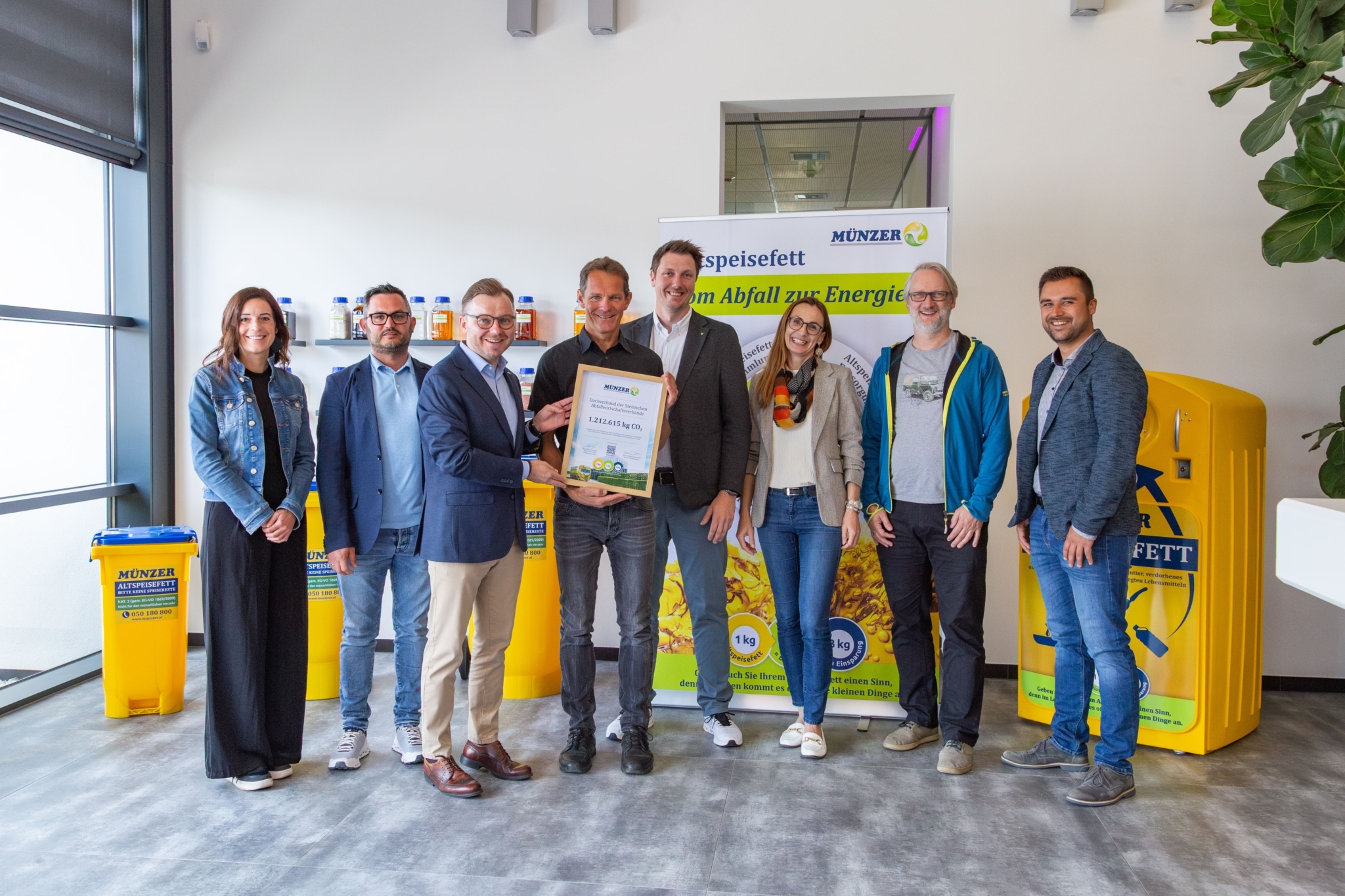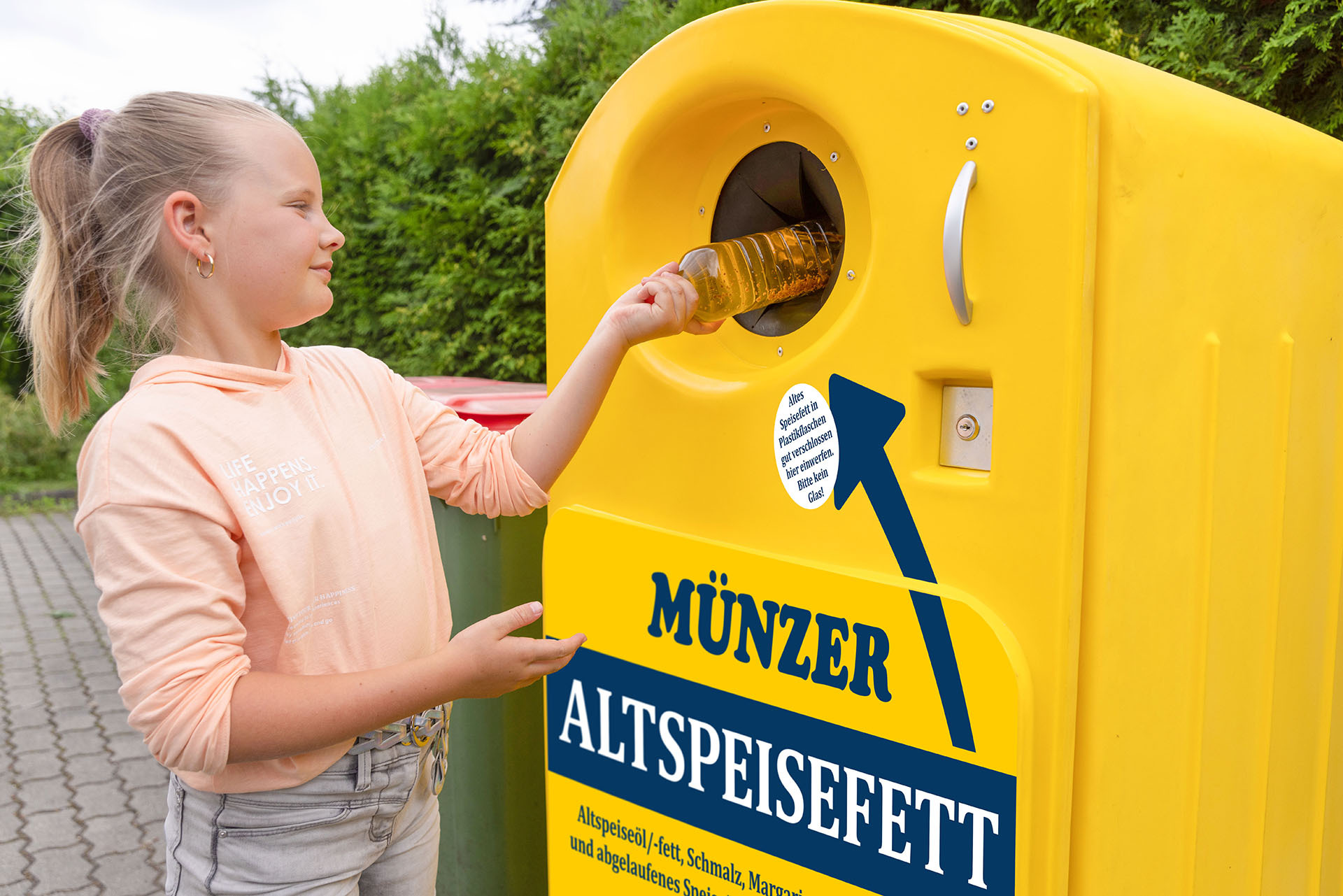Press information: Combustion engine ban
Combustion engine ban: Holding on to opportunities, not prohibiting solutions
- The policy banning combustion engines is leading us into the next phase of dependency
- We have to learn our lessons from the gas crisis
- Without secure investment we have no security of supply
“Anyone taking climate protection seriously has to consider all the technical possibilities, take off the ideological blinkers, and then take the right steps,” asserts Ewald-Marco Münzer, CEO of Münzer Bioindustrie GmbH and board member of Austrian renewables platform PEK (“Plattform Erneuerbare Kraftstoffe”). “The decision taken in June 2022 that will cement our technological dependence on China, in particular, has nothing to do with environmental policy. It’s simply wrong,” Münzer concludes.
The PEK warns urgently against a ban on the registration of new combustion engined vehicles. Electromobility is an essential part of the decarbonisation of the transport sector, and undoubtedly necessary on the way to a carbon-neutral future. “But putting all your eggs in one basket has never worked. The current gas crisis should have taught us that, if nothing else!” says Ewald-Marco Münzer.
Banning combustion engined vehicles at a stroke would make it impossible to invest in innovations in the mobility sector. “Investors will no longer commit to Europe, and banks will no longer provide financing. That means that the necessary development of synthetic fuels, for example, will also fail to materialise in other essential areas aside from individual mobility,” Münzer warns. European politicians are pretending that the ban is a global trend, whereas the opposite is in fact the case. Car manufacturers who are clamouring for a ban on combustion engined vehicles within the European Union are expanding their plants to build even more of them around the rest of the world. “It is therefore utterly incomprehensible and pointless that the institutions of the European Union do not agree on the 90 percent consensus that would enable the rational use of climate-neutral synthetic and biogenic fuels beyond 2035.”
The drastic effects of a ban on combustion engined vehicles will be felt by our society and economy sooner than expected, and we will then have to import state-of-the art, highly efficient combustion engines from Asia in addition to batteries, with no European added value at all. “As the vote in the European Parliament shows, the European Left has completely lost its way with regard to technology due to its ideological blinkers,” comments Ewald-Marco Münzer.
There are already technologies in the transport sector, such as waste-based biofuels, which are making a key contribution to green mobility. “Why the Environment Minister intends to exclude that contribution from her policy plans is beyond me,” the PEK board member concludes. The Austrian Ministry of the Environment itself confirms in its annual Biofuels Report that biofuels are currently the only significant means towards decarbonisation. Consequently, current government policy is to expand the use of biofuels, most of which in Austria are waste-based. “It is difficult to understand why they want to prevent these alternative fuels from being counted towards achieving the fleet CO2 targets,” says Münzer. This contradiction between ideological objectives and the known facts must also be acknowledged in terms of Austria’s climate policy. “But where there isn’t a will, there apparently isn’t a way either,” Münzer comments. “The policy-makers are blind in one eye; keeping the other one shut themselves.”
Contact for refer-backs
Harald Sigl
Corporate Communications & Public Affairs I +43 664 8267903 I E-mail: harald.sigl@muenzer.at
Walter Sattlberger
Corporate Communications & Public Affairs I +43 676 3236640 I E-Mail: walter.sattlberger@muenzer.at
A name for more than 31 years.
A family. A company.
“From waste to energy” – Münzer Bioindustrie
#münzerbioindustrie #EnergyfromWaste #NoPalmoil #palmölfrei #palmoilfree #vomabfallzurenergie




